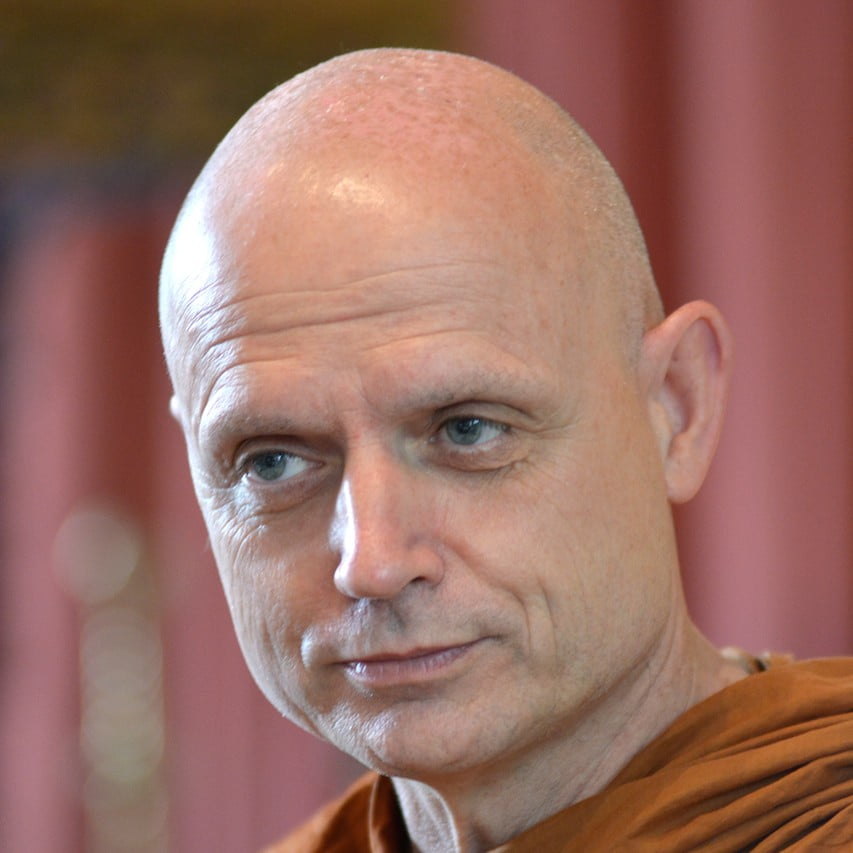
Ajahn Jayasaro
Ajahn Jayasaro (Shaun Michael Chiverton) was born on the Isle of Wight, England in 1958. In 1978 he became a disciple of Ajahn Chah, one of Thailand’s most renowned Buddhist monks and meditation masters, at Wat Pah Pong forest monastery in Northeast Thailand. He took full ordination, with Ajahn Chah as his preceptor, in 1980.
After his initial five-year monastic training, Ajahn Jayasaro went on an extended solitary retreat before taking on teaching and administrative duties. Over the next several years he alternated between periods of retreat and service to his monastic lineage. During this time he was entrusted by the elders of his order with writing the official biography of his teacher, Ajahn Chah. In 1997 he assumed the position of abbot of Wat Pah Nanachat, the international monastery of Ajahn Chah’s lineage, where he remained until the end of 2002.
Since early 2003 Ajahn Jayasaro has been living in a hermitage at the foot of Khao Yai Mountain National Park. The Dhamma teachings and meditation retreats he gives at regular intervals at a nearby retreat centre offer inspiration to both lay Buddhists and monastics. He is also a key figure in the movement to integrate Buddhist developmental principles into the Thai education system. Many of his Dhamma talks are broadcast on radio, television and digital media.
Ajahn Jayasaro has written many books on Buddhist themes in the Thai language, a number of which have been translated into other languages, including Chinese, French, Italian and Portuguese. His latest English works, 'without and within' is a general introduction to the Theravada Buddhist tradition. And the recently published ‘Stillness Flowing,’ is an important biographical work that details the life and teachings of Ajahn Chah which took over two decades in the making. In 2011, Ajahn Jayasaro was granted an honorary doctorate in Buddhist pedagogy by Mahachulalongkornrajavidyalaya University. In 2019 he received a monastic title of Phra Rajabajaramanit and in 2020 Phra Thepphacharayanamuni from His Majesty King Maha Vajiralongkorn Phra Vajiraklaochaoyuhua. He was also granted Thai citizenship by royal decree in 2020, at which time Somdet Phra Buddhaghosacariya (P. A. Payutto) kindly gave him a Thai family name of ‘Potanuwat.’ In 2021 he was honored with a monastic title of Phra Dhammaphacharayanamuni.

















